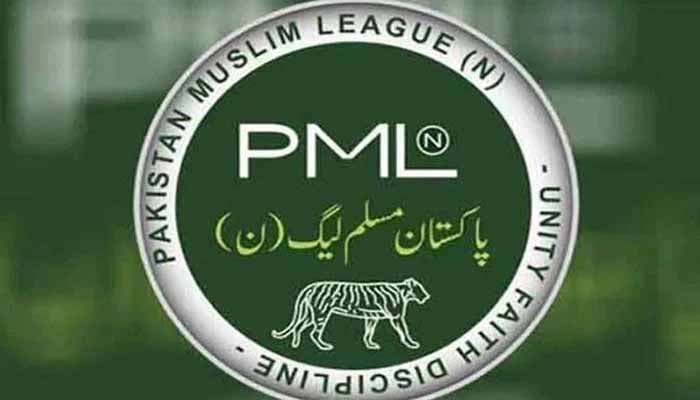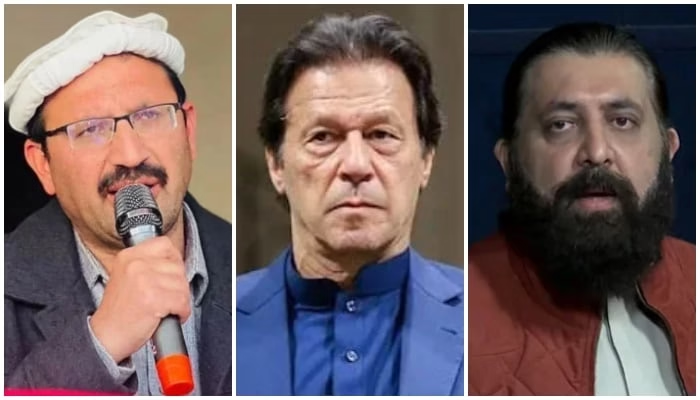Following the lead of Jamiat Ulema Islam (JUI), the Awami National Party (ANP) has also called for fresh elections in Pakistan, citing significant concerns over the legitimacy and fairness of the recent electoral process. This growing demand from major political parties highlights the increasing dissatisfaction with the current state of democracy in the country.
In a recent statement, ANP Secretary General Mian Iftikhar expressed his party’s strong stance on the issue. He emphasized that all political parties are in consensus that the elections were rigged and that new elections should be conducted to ensure a fair and transparent democratic process. Iftikhar’s assertion reflects the widespread belief among opposition parties that the electoral system has been compromised.
“The elections we have just witnessed are even more rigged than those in 2018,” Iftikhar declared. “The Election Commission has failed in its duty to conduct free and fair elections. Furthermore, there has been undue interference from the establishment, and the results have been manipulated.”
This sentiment echoes the earlier statements made by JUI chief Maulana Fazlur Rehman. Rehman has been vocal about his concerns regarding the integrity of the electoral process and the role of the establishment. He has called for the military and intelligence agencies to refrain from interfering in elections, asserting that their involvement undermines the democratic process.
“We will not accept the election results at any cost,” Rehman stated firmly. “Our movement against the interference of the establishment in elections will continue. The Majlis Shura has declared that contact with political parties is a political act, and the government does not have enough flexibility to resolve our grievances. This matter is very serious and is not about celebrating any political party’s victory; it is a permanent problem.”
The calls for new elections are based on several critical points of contention. Firstly, there is a strong belief that the Election Commission of Pakistan (ECP) has not fulfilled its constitutional role effectively. Allegations of bias, inefficiency, and failure to conduct impartial elections have been levied against the ECP. This perceived failure has eroded public trust in the electoral body, prompting calls for its reform or replacement.
Secondly, the role of the establishment, particularly the military and intelligence agencies, in the electoral process has come under intense scrutiny. Opposition parties argue that these institutions have overstepped their bounds, influencing election outcomes in favor of certain parties or candidates. Such interference, they contend, is a direct assault on the democratic principles that should guide the electoral process.
Furthermore, the results of the recent elections have been widely disputed. Opposition parties claim that the results were manipulated to ensure a particular outcome, depriving the electorate of their true voice. These allegations of vote rigging and result tampering have further fueled demands for new elections.
The situation is further complicated by the government’s stance. The ruling party has dismissed these allegations as baseless and has shown little inclination to address the opposition’s grievances. This inflexibility has heightened political tensions, making it increasingly difficult to find a resolution through dialogue.
The call for fresh elections by JUI and ANP is not just a political maneuver but a demand for a fundamental reassessment of Pakistan’s democratic processes. The opposition argues that without addressing the systemic issues that plague the electoral system, any future elections will be equally flawed and unrepresentative of the people’s will.
The growing demand for new elections places significant pressure on the government and the Election Commission. It also highlights the urgent need for reforms to restore public confidence in the democratic process. Whether these calls will result in new elections remains to be seen, but the political landscape in Pakistan is undoubtedly becoming more contentious.
The demands for fresh elections by major political parties like JUI and ANP underscore a deep-rooted dissatisfaction with the current electoral process. The allegations of rigging, establishment interference, and the Election Commission’s failure to conduct fair elections are central to this discontent. As the political crisis unfolds, it is imperative for all stakeholders to engage in constructive dialogue to address these concerns and ensure the integrity of Pakistan’s democracy.



